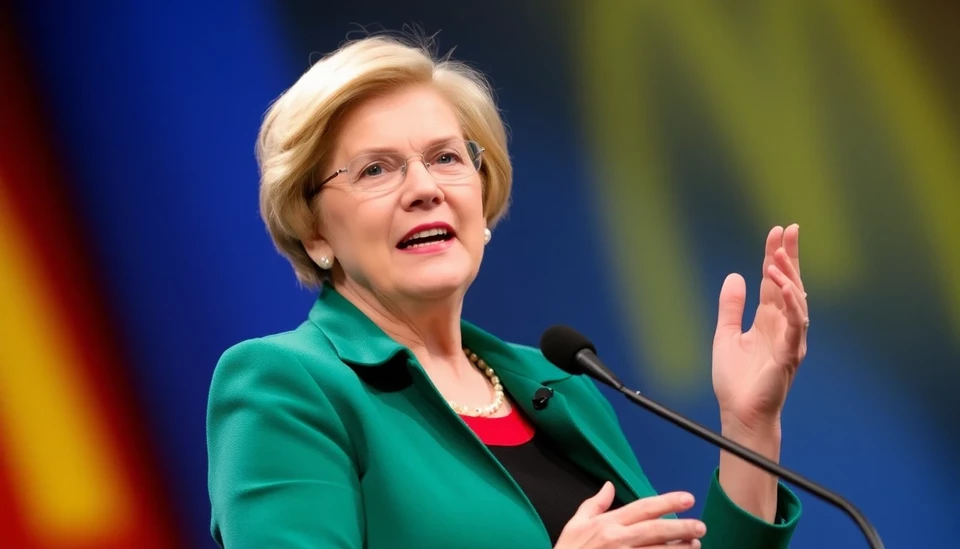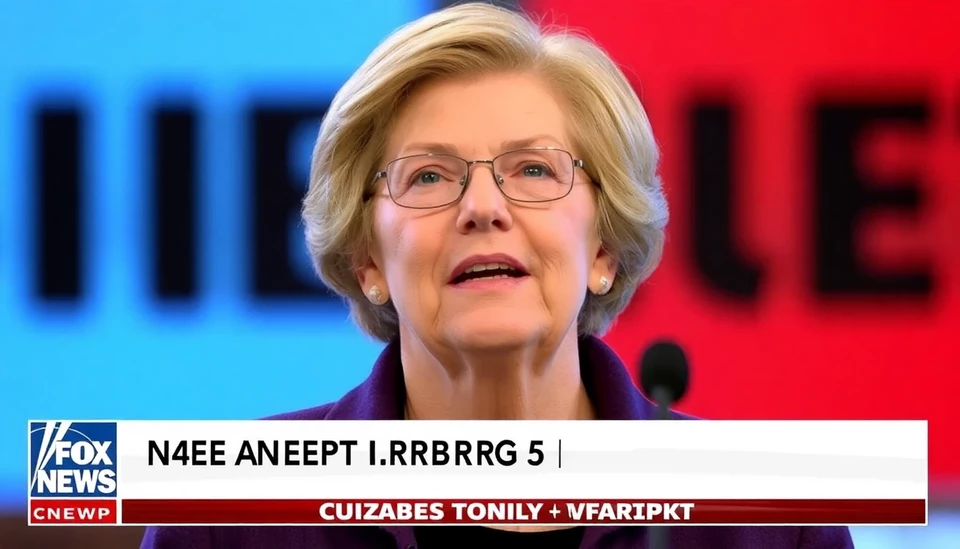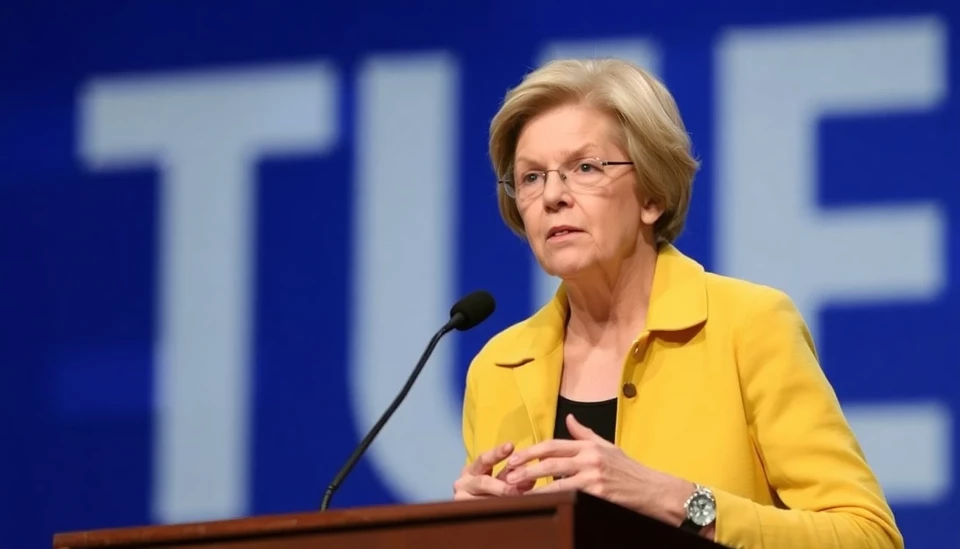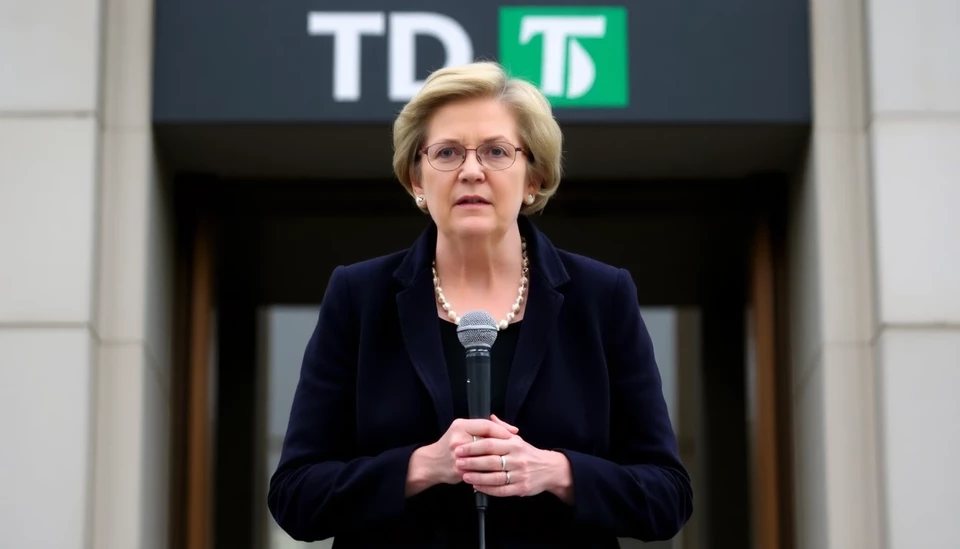
In an ongoing scrutiny of corporate practices, Senator Elizabeth Warren has turned her attention to fast-food giant McDonald's, pressing CEO Chris Kempczinski to justify the recent price increases on the chain's menu items. This dialogue comes amidst a broader context of inflation concerns, where consumers are feeling the pinch of rising prices on essential goods and services.
Warren's inquiries highlight her continued advocacy for corporate accountability, particularly concerning the impact of pricing strategies on low- and middle-income families. Citing McDonald's as a barometer for the greater economic landscape, Warren pointed out that consumers have faced significant cost burdens, even as the chain posts record profits. Her letter to Kempczinski emphasized the need for transparency regarding the factors driving these price hikes.
Warren’s letter, addressed directly to Kempczinski, questioned why McDonald's raised prices across various offerings, especially meals that are traditionally considered affordable. While many fast-food chains have similarly hiked their prices in a bid to offset increases in ingredient and labor costs, Warren is demanding a clear justification from one of the industry's leading players.
Senator Warren's correspondence also touched upon broader economic policies, urging for a reassessment of how McDonald’s pricing strategies align with the economic realities faced by consumers. She expressed concern that such price hikes could further widen the gap between fast-food chain profits and the working-class families reliant on affordable dining options, especially in urban areas where the cost of living is frequently increasing.
In her letter, Warren outlined specific questions for the McDonald's CEO, seeking detailed explanations about the reasoning behind the price adjustments and how they are affecting consumer choices. She inquired whether the chain had considered its responsibility to uphold accessible pricing, especially given its status as one of the largest fast-food chains in the nation.
The senator's demands are not just confined to McDonald's; they are part of a larger request for transparency from numerous corporations that have increased prices in response to pandemic-related disruptions and supply chain challenges. With inflation still a pressing concern for many Americans, Warren hopes her letter will prompt proactive discussions not just at McDonald's, but across the fast-food industry.
As the debate on corporate pricing escalates, the response from McDonald's will likely be closely watched. Stakeholders, including policymakers, consumers, and investors, will be attuned to how the company addresses these challenges and whether it will take steps to prioritize affordability in its pricing strategies moving forward.
Senator Warren’s outspoken stance serves as a reminder of the ongoing conversation about the balance between corporate profit and consumer welfare. With food prices on the rise, many consumers are hopeful for a more equitable approach that offers value while maintaining quality in service and products.
The demand for an explanation from one of America’s most beloved fast-food chains reflects not only the complexities of the current economic environment but also the spirit of advocacy that seeks to ensure the voices of everyday Americans are heard in corporate boardrooms.
As we look towards the future, the implications of this ongoing exchange could set a precedent for how major corporations navigate price adjustments and consumer expectations amid fluctuating economic conditions.
#ElizabethWarren #McDonalds #CorporateAccountability #FoodPrices #Inflation #FastFoodIndustry #ConsumerAdvocacy #EconomicPolicy
Author: John Harris




